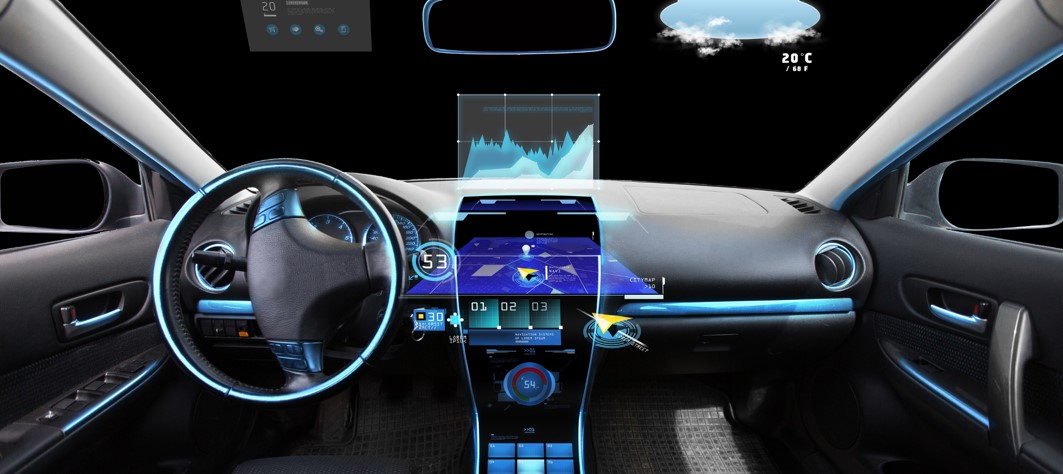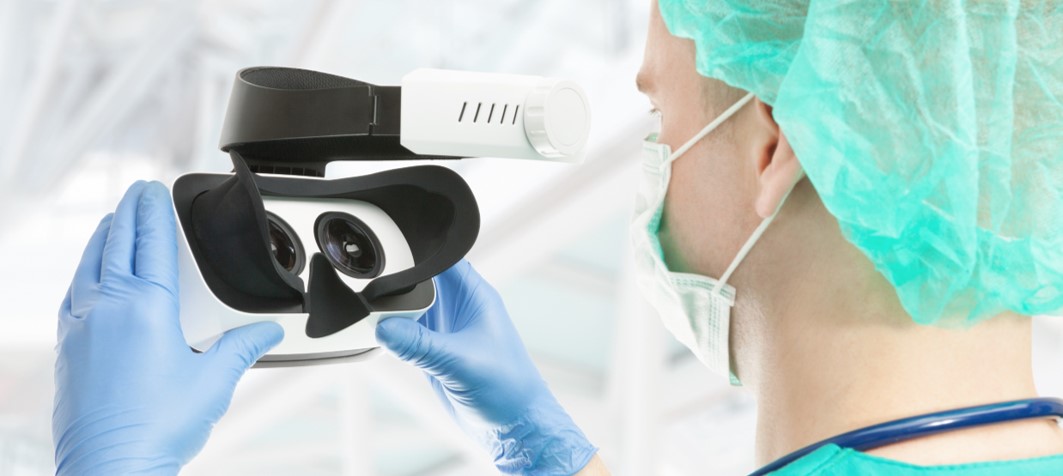At this year’s CES, driverless car technology was not just one of the hottest trends, it was THE hot trend.” – OurCrowd Investments Partner David Stark
“Safety is the main reason that this will become the norm, not just a fancy feature for premium cars.” – Mobileye VP of Business Development Yonah Lloyd
Science fiction writers and fans have been dreaming up self-driving cars for almost 100 years. In July, CNBC reported Google’s claim that autonomous cars will finally be available to consumers as early as 2020.
It seems that nothing is putting the brakes on driverless cars, and the startup scene is helping drive the industry forward into safer territory with companies like Cruise, Delphi, Valeo, and Israel’s very own Mobileye, a technology company that develops vision-based advanced driver assistance systems providing warnings for collision prevention and mitigation.
OurCrowd recently hosted a live conversation with Yonah Lloyd, VP of Business Development at Mobileye; Greg Moran, Co-Founder and CEO of Zoomcar; and Steven Millward, editor-in-chief of Tech in Asia, each bringing their unique viewpoint as we explore what’s next in autonomous driving. The conversation was moderated by OurCrowd’s General Partner and Investments rep, David Stark.
Here are some of our favorite quotes from the conversation (full conversation below):
Cost: “Affordability is key to adoption of self-driving in cars.” ~ Steven Millward
Regulation: “The one big question that is the elephant in the room is around regulation.” ~ Greg Moran
Saftey: “It is clear from the industry that the primary reason that they are accelerating their autonomous programs is to address the need for a safer driving environment.” ~ Yonah Lloyd
State involvement: “Governments need to do a lot to get autonomous cars rolling. First they need to encourage innovation in their countries so that their own automakers don’t fall behind.” ~ Steven Millward
The transition: “Over time, people will become more comfortable with this experience, and society will appreciate the safety benefits, as accident numbers will decrease dramatically. Eventually, consumers, insurance companies, governments etc. will be ready to go fully autonomous without the need for driver intervention.” ~ Yonah Lloyd









